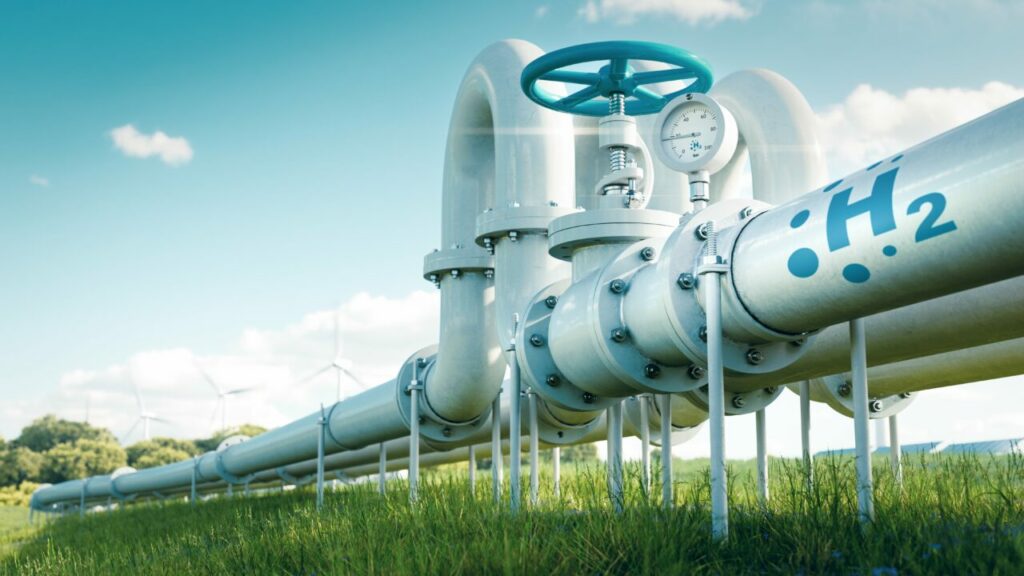Recent polling by the Energy and Climate Intelligence Unit (ECIU) has found a growing appetite for hydrogen technologies but levies on bills should be avoided.
The polling, which was conducted by research and analytics firm YouGov for the ECIU, found that although 74% of surveyed people stated they would support the government investing in hydrogen infrastructure in the UK, just 21% of people think levies on energy bills should pay for converting the existing gas grid to support hydrogen for home heating.
Alongside this, 12% of people think levies on energy bills should support the growing industrial hydrogen sector.
This research comes just days after the UK government confirmed plans to abolish a proposed hydrogen levy which could have resulted in customers paying extra on energy bills. Tabled as part of the energy bill, research conducted by think tank Onward found that the introduction of this levy would raise energy bills by around £188 per year for the average dual fuel household.
When the ECIU asked if people would support a levy of approximately £100 on the average household energy bill to pay for hydrogen energy infrastructure, 36% said they would support it, but 43% would oppose it.
According to ECIU’s polling, renewable energy and clean technology is also viewed as the number one sector for creating long-term growth for the UK economy. 47% of people picked this sector compared to around one in five for manufacturing, which stood at 27%, and financial services, with 24%. Renewable energy and clean technology are the top sector for both Conservative and Labour voters, at 41% and 56% respectively, in the 2019 election.
Jess Ralston, energy analyst from the ECIU, said: “Experts are clear that hydrogen will likely play only a small role in home heating, if any at all, as heat pumps are much more efficient and leave us less dependent on foreign gas imports. For industrial hydrogen, the public don’t see a levy on bills as the way to get the sector off the ground and it appears that government has recognised this.
“That said, they clearly see the merits of the UK developing a clean hydrogen industry and the rest of the world including Europe and Australia are already pressing ahead. There will only be a limited supply of hydrogen, so it’s much better used in industries that actually need it – like steel – than for heating where there are already solutions emerging.”






